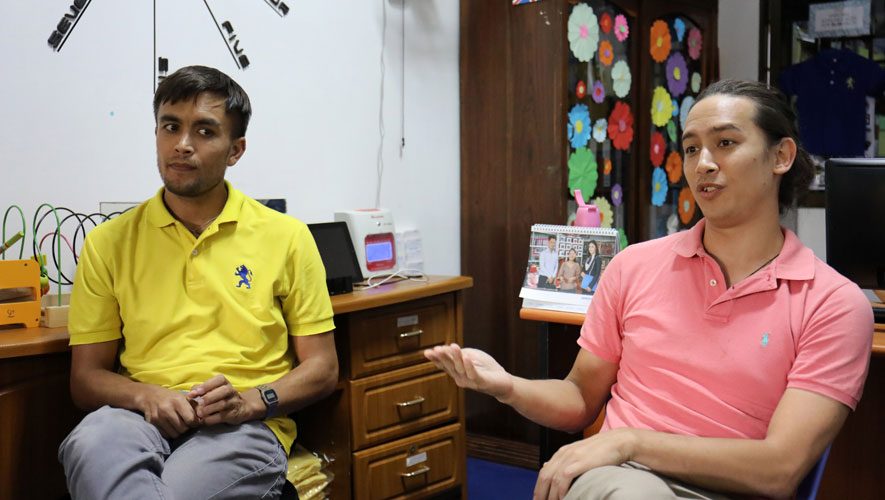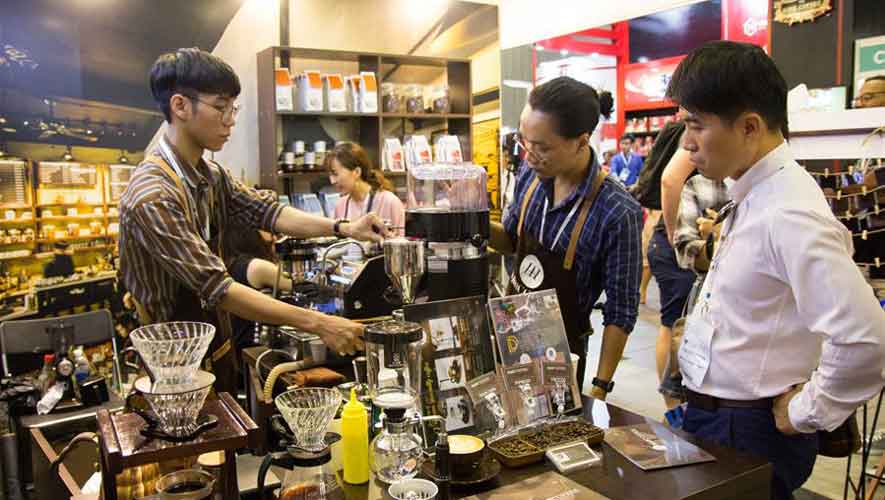Phnom Penh has the cheapest international school fees compared with other major cities in the rest of Asia, a recent report by the International Schools Database (ISB) has found. The study covered more than 15 cities across 13 nations in Asia.
For the latest Cambodian Business news, visit Khmer Times Business
According to the study, the lowest fee charged by international schools in the capital is $1,840 a year while the highest yearly school fee registered in Phnom Penh is $19,941 per annum.
The report covered cities including Beijing, Shanghai, Shenzhen, Guangzhou, Seoul, Singapore, Tokyo. Kyoto, Osaka, Kobe and Yangon.
In Beijing, the lowest fee charged by international schools is $8,097 a year and the highest fee is $41,389 per year. The next spots in the ranking are occupied by the Chinese cities of Shanghai and Shenzhen. International schools in Shanghai charge between $4,830 and $38,853 a year.
International schools in third-ranked Shenzhen charge between $11,365 and $31,679 per year.
South Korea’s capital city, Seoul is in fourth place, with international schools in the capital city charging between $8,008 and $30,887 a year.
Rounding up the top five is Singapore, which is also the most expensive city to study in Southeast Asia. The lowest fee charged by international schools there is $4,406 per year and the highest is $37,859 a year.
However, while Phnom Penh was recognised as home to the cheapest international schools in the region, the fees may not be as accessible to every parent in the city.
“It depends on what category the international school belongs to,” says Adam Bell, who manages the Brighton International School with his brother David.
Alongside the Brighton International School, other prominent international schools in the capital include the American International School of Phnom Penh, Canadian International School, Northridge International School Cambodia, Australian International School of Phnom Penh, Singapore Cambodia International Academy, iCAN British International School, Lycee Descartes, Footprints International School, Logos International School, Beltei International School, CIA International School, the International School of Phnom Penh (ISPP) and Paragon International School.
According to Adam Bell, in terms of pricing, schools such as Brighton International School and Beltei International School fall within the lower-fee category, which is comparatively cheaper than international schools in Thailand, Indonesia and Kuala Lumpur.
While more prominent schools such as Northbridge and ISPP are known to count among the higher-fee charging educational establishments, Bell says schools charge according to the experience of the teachers they employ as well as in accordance with the accreditations in place.
The Brighton International School is targeting Phnom Penh’s emerging middle-class group.
“If the average salary of a middle class parent is $200 [a month] in the city, how would you expect a $500 fee a month as reasonable for them to pay?” Adam Bell asks.
To this end, the school charged first-year students between $125 and $140 a month and gradually brought it up to $200 by the third year.
Michael Billington, operations and finance manager of Home Of English International School, says fees are charged according to how qualified the teachers are and Home Of English has maintained minimal price increases over the years, with an increase of just 5 percent in 2019.
The increase has supported the brand’s expansion through Phnom Penh, covering the cost of renovations to respective sites as well as the cost of generators required to deal with the power-supply issues that affected the capital in the first six months of 2019.
Home of English, established in 1997, initially charged student fees of
of $220 a month. Today, that figure has risen to $550 a month.

KT/Tep Sony
As with any other capital cities in the world, Phnom Penh has experienced a tremendous change in terms of development. With this transition, it has attracted more foreign investment and businesses, especially in terms of private education institutions.
It’s estimated that Phnom Penh is currently home to more than 50 international schools. And Oknha Dr Mengly J Quach, the founder of private education company MJQ Education, has recently stated that there is room for further growth.
According to the Ministry of Education, Youth and Sports (MOEYS), between the academic year 2018 to 2019, some 218,357 students were enrolled in 1,222 private schools nationwide, ranging from pre-school to grade 12.
Of those 1,222 private schools, 994 were found in urban areas, with a total of 182,846 students enrolled. In the remaining 228 private institutions serving rural regions, 35,511 students were enrolled.
According to Adam Bell, when there is a takeover of local companies by an overseas company, this brings in a number of expats into the city and they would all be looking to put their children through international school. The curriculum the school practices attracts different group of parents as well.
Ashley Irving, principal of the Australian Centre for Education (ACE), believes the sector is booming in urban areas where wealthier people are keen for their children to have access to a potentially better education.
Adam Bell furthers this train of thought, saying that the generation of parents who lived through the Khmer Rouge regime are determined to make sure their children have the education that they were not able to experience in their own childhood.
Parents in Phnom Penh are also known to send their children to more than one international school because a half-day system is practised by schools all over the city. The Bell brothers note that increasing numbers of parents are starting to prioritise more study time over play time, copying the Singaporean and Chinese international school system.
However, while programmes such as abacus training and languages are often viewed as more important than after-school clubs, the Bell brothers encourage parents to consider a more holistic education, saying that it will contribute to the emotional development of their children.
They point to an increase in the number of young students enrolled in their schools who have already mastered more than three languages and say that it will help Cambodian students do well in the global work market.




